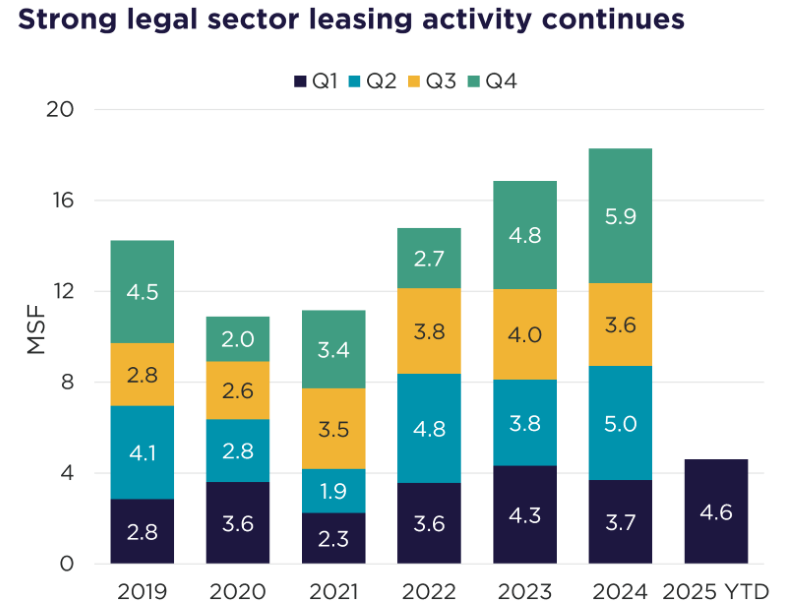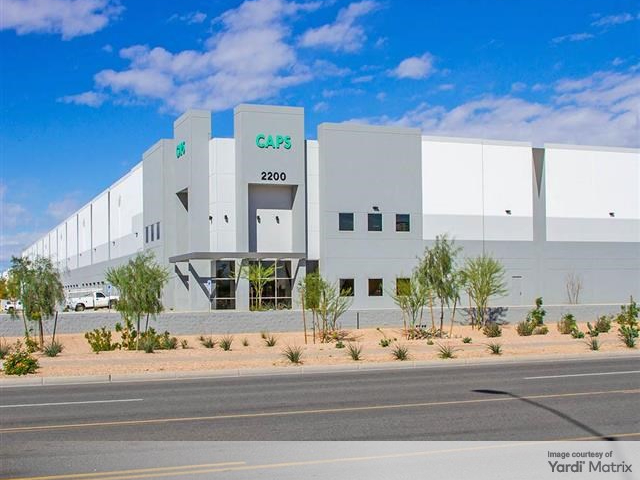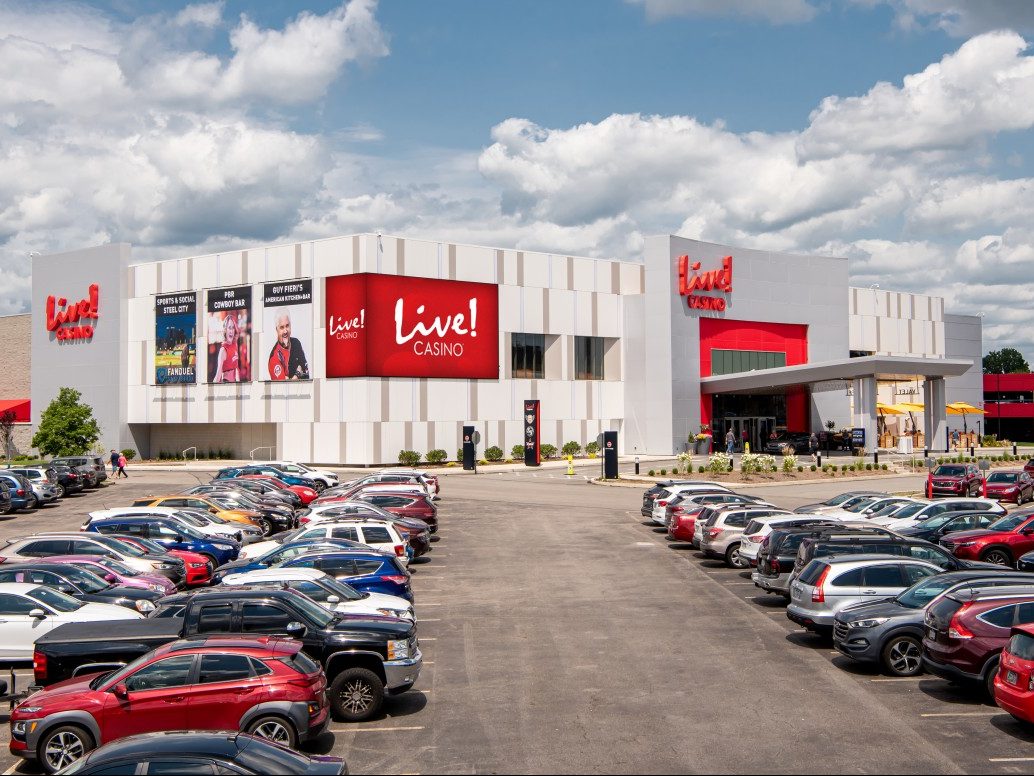Economy Watch: Heads the Banks Win, Tails the Government Loses
TARP comes under question, while tycoon Sam Zell keeps the faith for CRE.
February 1, 2010
By Dees Stribling, Contributing Editor
Neil Barofsky, the special inspector general for the Troubled Asset Relief Program, blasted the effectiveness of the program in his quarterly report to Congress released on Saturday. Essentially, he asserted, the banking industry has made chumps out of the government.
“The substantial costs of TARP–in money, moral hazard effects on the market, and government credibility–will have been for naught if we do nothing to correct the fundamental problems in our financial system and end up in a similar or even greater crisis in two, five or even ten years’ time,” Barofsky said.
For all the sound and fury of the $700 billion bailout, the special inspector said, not much has changed, including the pervasive “heads I win; tails, the government will bail me out” attitude among big banks. “Even if TARP saved our financial system from driving off a cliff back in 2008, absent meaningful reform, we are still driving on the same mountain road, but this time in a faster car,” he noted.
Barofsky didn’t use the term “I’m not holding my breath” regarding the prospects for financial system reform, but he could have. After all, at this point it’s up to Congress to step in to fix some of those fundamental problems.
Zell’s Mild Optimism
Sam Zell, billionaire property mogul and less-than-successful newspaper tycoon, noted on Friday that he still believes in commercial real estate. Speaking at a real estate conference sponsored by the University of San Diego’s Burnham-Moores Center for Real Estate, the former Equity Office Property Trust chairman posited that many lenders and borrowers in CRE will continue to “pretend and extend”–pretend valuations haven’t gone down, and extend the terms of the loan for the foreseeable future.
That will prevent a catastrophic collapse in commercial real estate. But it will also make for a very slow dealmaking pace.
“If you have no equity left, you have no incentive to sell—none,” the San Diego Union-Tribune reported Zell as telling the audience. CRE recovery, he predicted, will be glacially slow in real estate terms, meaning more than five years.
Zell hasn’t exactly been on the sidelines lately when it comes to investing in property. Equity Group International (EGI), one of Zell’s investment vehicles, was a partner with Mexican investors in buying acreage near Tijuana’s Gen. Abelardo L. Rodriguez Airport, which abuts the U.S.-border. The long-term goal of that purchase is to development a transborder terminal facility (with profitable ancillary uses) that would allow air travelers to bypass the existing Tijuana-San Diego customs station bottleneck.
GDP Growth During 4Q09 Superficial Impressive
According to the U.S. Department of Commercial, the U.S. economy grew at an annualized rate of 5.7 percent in the fourth quarter of 2009. The number was considered nice, but not a harbinger of a booming growth cycle.
Most of the growth–as much as 3.4 percent out of the 5.7 percent–was attributable to inventory adjustments. In other words, businesses were replenishing inventories that had been allowed to shrink during the worst days of 2008 and last year. The larger prop of the U.S. economy, consumer spending, didn’t account for nearly as much of the growth.
Wall Street apparently didn’t think much of the GDP numbers either. The Dow Jones Industrial Average dropped 53.13 points, or 0.52 percent, while the S&P 500 was down 0.98 percent and the Nasdaq tumbled 1.45 percent.






